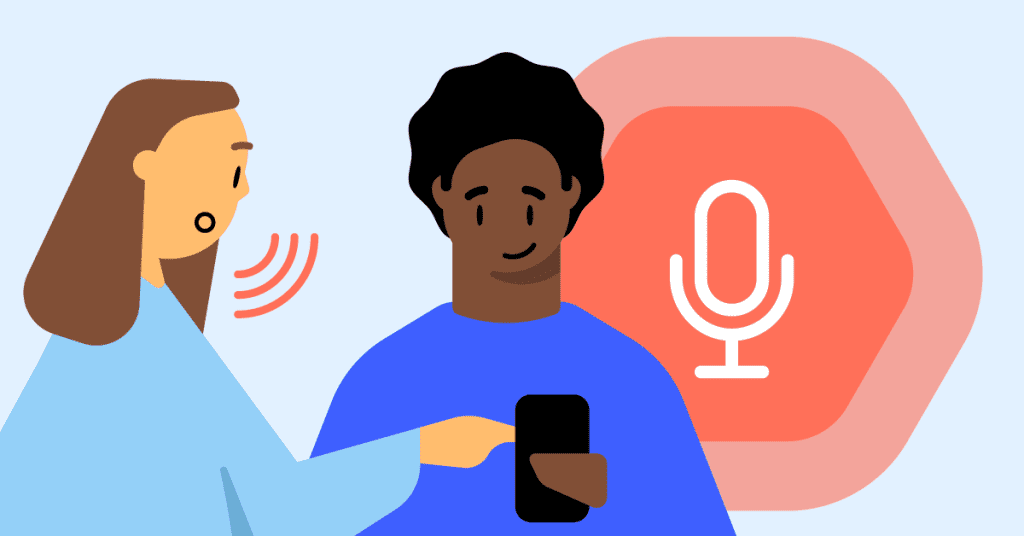In a world where genuine connections are hard to come by, spotting a fake friend early on is crucial to safeguarding your emotional well-being. Building authentic friendships as an adult can be challenging, but learning to distinguish between true friends and those with ulterior motives is key to maintaining happiness and avoiding unnecessary heartache. Here are five telltale signs that can help you identify a fake friend before it’s too late.
1. They’re Always Gossiping: Beware of Negative Talk

One of the most obvious signs of a fake friend is their tendency to disappear when you need them the most. A true friend will make time for you, especially during difficult times, while a fake friend will only stick around when it’s convenient for them.
They may frequently cancel plans, be unavailable during emergencies, or only show up when there’s something in it for them. This self-serving behavior is a clear indicator that their friendship is more about what they can gain rather than a mutual, caring relationship.
2. You Feel Worse After Spending Time with Them: A Drain on Your Energy

Friendship should be about support and encouragement, but if you notice that your friend always tries to one-up you, it might be time to reevaluate the relationship. Fake friends often see your success as a threat rather than something to celebrate.
Whether it’s in your career, relationships, or personal achievements, a fake friend will try to outshine you or downplay your successes. They might also be quick to criticize you under the guise of “honesty,” but their comments often come off as condescending rather than constructive.
3. They Only Ever Point Out Your Flaws: Constant Criticism with No Support

Trust is the foundation of any strong friendship. If you hear that your friend has been talking negatively about you behind your back, it’s a major red flag. Fake friends thrive on drama and often use gossip as a way to elevate themselves by bringing others down.
A true friend will defend you in your absence and address any issues directly with you rather than spreading rumors or discussing your personal life with others. If your friend is quick to talk about others, it’s likely they’re doing the same with your information.
4. They’re Never There for You but Expect You to Be There for Them: One-Sided Support

Jealousy is a toxic trait that can quickly ruin a friendship. If your friend struggles to be happy for your successes or shows signs of resentment when things go well for you, this is a clear sign of a fake friend.
Instead of celebrating your wins, they might give backhanded compliments or try to make you feel guilty about your achievements. True friends will share in your joy and be your biggest cheerleaders, while fake friends will subtly or overtly express their envy.
5. They Hold Grudges: Unforgiving and Manipulative

Fake friends often have a hidden agenda and are skilled at manipulation. They may take advantage of your kindness, constantly asking for favors without ever reciprocating. These friends are quick to exploit your generosity but are nowhere to be found when you need support.
Manipulative behavior can also include guilt-tripping, playing the victim, or using emotional blackmail to get what they want. If you find yourself feeling drained or used after spending time with someone, it’s a strong indicator that the friendship is not based on mutual respect and care.
The Bottom Line: Trust Your Instincts and Protect Your Energy
Identifying a fake friend can be difficult, especially if you’ve invested time and emotions into the relationship. However, trusting your instincts and recognizing these signs early on can save you from future pain. Surround yourself with people who genuinely care about you, support your growth, and respect your boundaries. By being mindful of these telltale signs, you can protect your emotional well-being and build stronger, more authentic connections.


